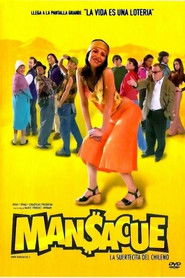detail profile luis dub c3 b3
Peran Yang Di Mainkan Luis Dubó
 1984 Lidia an intrepid 12 yearold girl lives...
1984 Lidia an intrepid 12 yearold girl lives...The Mysterious Gaze of the Flamingo 2025
1984. Lidia, an intrepid 12 year-old girl, lives in an isolated mining village affected by an unknown illness that has already killed several men and, according to rumours, is transmitted when a man falls in love with another by looking into each other's eyes. Her beloved brother Alexo, an obese homosexual, is found guilty of carrying the disease and the townspeople decide to tie him up and keep watch over him. This pushes Lidia to confront the ignorance of a myth and put the relationship with her family to the test.
 Mara Margarita is the youngest of...
Mara Margarita is the youngest of...The Movie Teller 2023
María Margarita is the youngest of four siblings in a family living in a mining town in the Atacama Desert (Chile). The most special time of the week for this family is Sunday, when they all go to the movies to enjoy stories that let them escape their everyday lives by transporting them to other worlds. The girl’s parents soon realise that the little girl has a very special gift: an almost uncanny ability to recount movies. The girl’s extraordinary talent will spread throughout the village, changing the fortunes of her family as the country is transformed forever.
 Victoria a mother addicted to the...
Victoria a mother addicted to the...Desconectados 2022
Victoria, a mother addicted to the internet and work, is completely disconnected from her two teenage children, Clara and Julián. Just when he is about to receive that long-awaited promotion, a solar storm leaves the entire world without internet, indefinitely. With her ex-husband stranded in another country, she is faced with the reality that she has to be a mother without the help of apps or the internet.
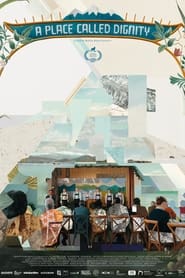 Pablo a 12yearold boy receives a...
Pablo a 12yearold boy receives a...A Place Called Dignity 2021
Pablo, a 12-year-old boy, receives a scholarship to attend school in the mysterious and isolated Colonia Dignidad established in Chile by German settlers. It seems to be quite a privilege for a kid like him, and he quickly becomes the favourite of the leader of the colony, Uncle Paul. Over time, Pablo witnesses some kind of strange things which happen there and make him act differently than the other students.
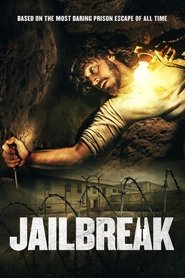 During the last years of Pinochets...
During the last years of Pinochets...Pacto de Fuga 2020
During the last years of Pinochet's military regime, a group of militants from the "Manuel Rodríguez Patriotic Front" plan a prison break of political prisoners, through a tunnel that will take them 18 months to dig.
 Its 1948 and the Cold War has...
Its 1948 and the Cold War has...Neruda 2016
It’s 1948 and the Cold War has arrived in Chile. In the Congress, prominent Communist Senator and popular poet Pablo Neruda accuses the government of betraying the Party and is stripped of his parliamentary immunity by President González Videla. The Chief of Investigative Police instructs inspector Óscar Peluchonneau to arrest the poet. Neruda tries to escape from the country with his wife, the painter Delia del Carril, but they are forced to go underground.
 Mirubin the enigmatic masked stands up...
Mirubin the enigmatic masked stands up...Talion 2016
Mirubin, the enigmatic masked, stands up against the inefficient justice. He dares to put up against the government, punishing pedophiles. It is a personal war. Does it make Mirubin a criminal? The journalist Amira is determined to uncover the truth behind the mask. The search leads her to doubt whether she is on the right side or not.
 Fernando is married to Alma a...
Fernando is married to Alma a...Alma 2015
Fernando is married to Alma, a very funny woman with bipolar disorder, which kicks him when she learns that he no longer supports her. When Alma meets an Argentine suitor Fernando reacts discovering that still love her. But it's too late.
 The 1948 speech called Yo Acuso resulted...
The 1948 speech called Yo Acuso resulted...Neruda: The Fugitive 2014
The 1948 speech called "Yo Acuso" resulted in Pablo Neruda going under hiding for 13 months and the police searching intensively for him.
 In remote Chile a vacationing young...
In remote Chile a vacationing young...Magic Magic 2013
In remote Chile, a vacationing young woman begins to mentally unravel; meanwhile, her friends ignore her claim until it's too late.
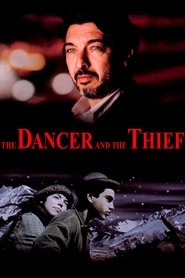 Present day Chile Legendary bank robber...
Present day Chile Legendary bank robber...The Dancer and the Thief 2009
Present day. Chile. Legendary bank robber Vergara Grey is getting out of prison after 5 long years and is looking forward to a quiet, uneventful life together with his wife and son whom oddly he hasn't heard from in years. But soon his resolve is tested when he meets 19 year old Angel a young thief who insists the two join up to score the biggest heist of all time. Though tempted, he resists until he finds out that his beloved wife has gone off with a millionaire and his son wants to change his last name. Then Victoria, a graceful and mysteriously mute dancer living in a conservatory, steps into the picture. She captivates Vergara and Angel, as well as all others that cross her path, drastically changing their lives.
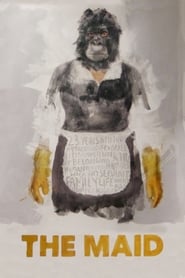 Raquel has been the livein housekeeper...
Raquel has been the livein housekeeper...The Maid 2009
Raquel has been the live-in housekeeper for a kind, reasonably wealthy family for half her life, and the joyless repetition of the job has begun to take its toll. Increasingly dependent on painkillers, Raquel resorts to pranks and childish avoidance to antagonize the family’s college-age daughter and a procession of new servants, all in the hopes of protecting her precarious power within the home. Her antics successfully push everyone away, until new maid Lucy actually pushes back.
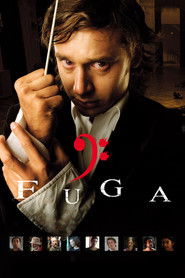 Could a brilliant composers music actually...
Could a brilliant composers music actually...Fuga 2006
Could a brilliant composer's music actually be killing his loved ones? Eliseo can't help but believe it when his younger sister dies tragically and then his pianist Georgina suddenly dies on the piano. Completely traumatized, Eliseo is taken to a mental hospital where he can find escape only through music.
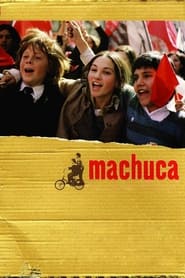 Santiago capital of Chile during the...
Santiago capital of Chile during the...Machuca 2004
Santiago, capital of Chile during the Marxist government of elected, highly controversial president Salvador Allende. Father McEnroe supports his leftist views by introducing a program at the prestigious "collegio" (Catholic prep school) St. Patrick to allow free admission of some proletarian kids. One of them is Pedro Machuca, slum-raised son of the cleaning lady in Gonzalo Infante's liberal-bourgeois home. Yet the new classmates become buddies, paradoxically protesting together as Gonzalo gets adopted by Pedro's slum family and gang. But the adults spoil that too, not in the least when general Pinochet's coup ousts Allende, and supporters such as McEnroe.
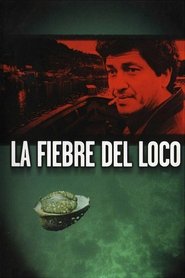 When the Chilean officials lift the...
When the Chilean officials lift the...Loco Fever 2001
When the Chilean officials lift the ban on harvesting the shellfish "el loco" (which purportedly is an aphrodisiac) in the seaside village of Puerto Gala greed and lust take hold. Greed is embodied by Carlos Maldonato, "El Canuto," who attempts to buy all of the shellfish for a Japanese company, and by a traveling band of prostitutes that accompany the influx of fishermen. El Canuto also wrangles to get into good stead with an old flame, Sonia, who is now the proprietor of "La Pincoya," a local restaurant. But "el loco" proves more effective, and more damaging, than anyone could have guessed.
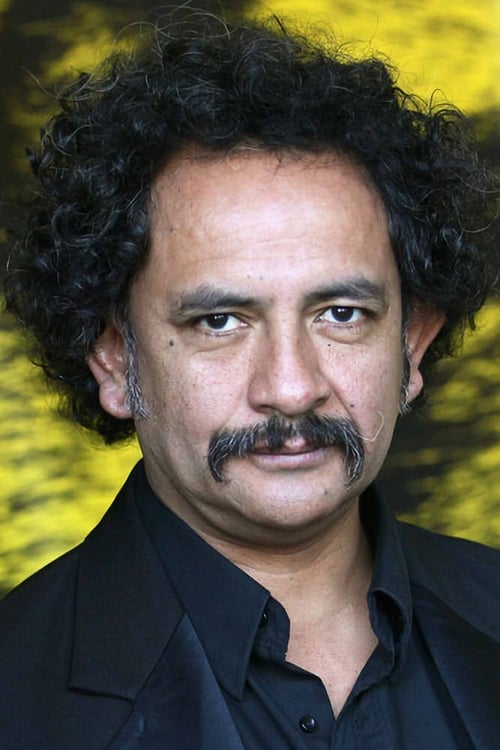
 A Chilean student becomes involved in...
A Chilean student becomes involved in... A Chilean family is shaken by...
A Chilean family is shaken by...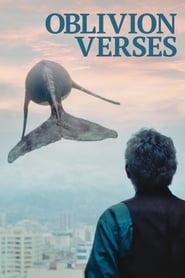 When the elderly caretaker of a...
When the elderly caretaker of a... A screenwriter travels to Northern Chile...
A screenwriter travels to Northern Chile...